Publications
Articles, publications, books, tools and multimedia features from the U.S. Institute of Peace provide the latest news, analysis, research findings, practitioner guides and reports, all related to the conflict zones and issues that are at the center of the Institute’s work to prevent and reduce violent conflict.
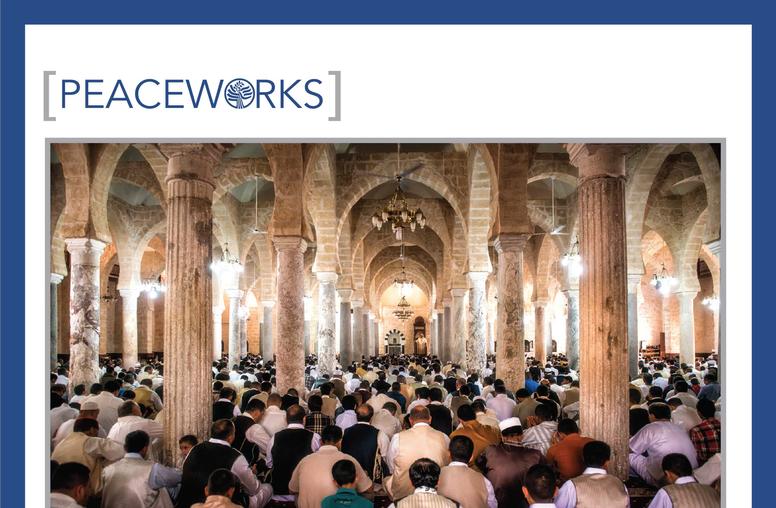
Libya’s Religious Sector and Peacebuilding Efforts (Arabic)
التقرير الماثل هو عصارة استبيانين أُجْرِيا في ليبيا خلال عامي 2014 و2016. والغاية منه سَبْرُ أغوار القطاع الديني في ليبيا ورصد تأثيره في الحكم والمجتمع. وقد استندت عملية استخلاص نتائج هذا التقرير إلى الجهود البحثية التي أجراها فريق من الباحثين المحليين الخبراء بالشأن الليبي. وترسم هذه النتائج خريطة لأهم التوجهات الدينية والمؤسسات الدينية والجهات الدينية الفاعلة في ليبيا، وترصد منظور الليبيين لمساهمة القطاع الديني في بناء السلام وتعزيز العدالة والديمقراطية.

Susan Hayward on Advancing Religious Freedom
Following last week’s Ministerial to Advance Religious Freedom at the U.S. Department of State, Rev. Susan Hayward discusses the worldwide uptick in religious discrimination in recent years—which particularly impacts minority communities—and how religion shapes conflict and peace around the world.
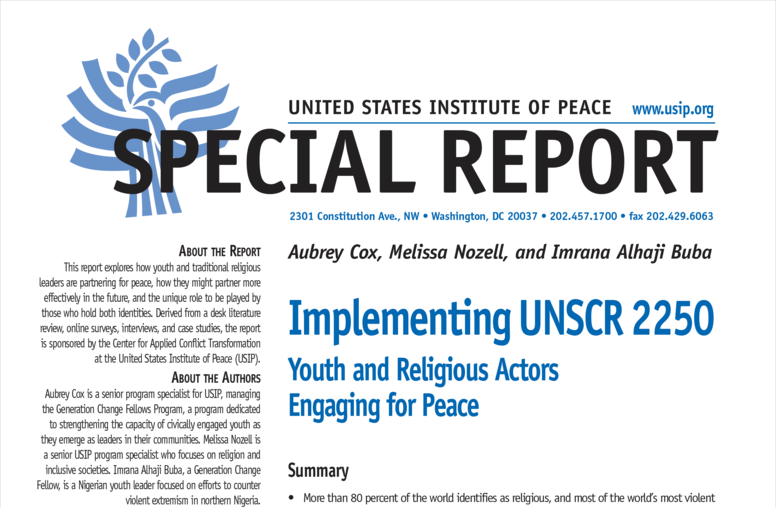
Implementing UNSCR 2250
In the context of UN Security Council Resolution 2250 on Youth, Peace, and Security, this report examines collaborations between youth and religious leaders in conflict-affected states. Using case studies, surveys, and interviews, it highlights the gaps, challenges, and opportunities for how religious actors and youth can and do partner effectively in the face of violent conflict.
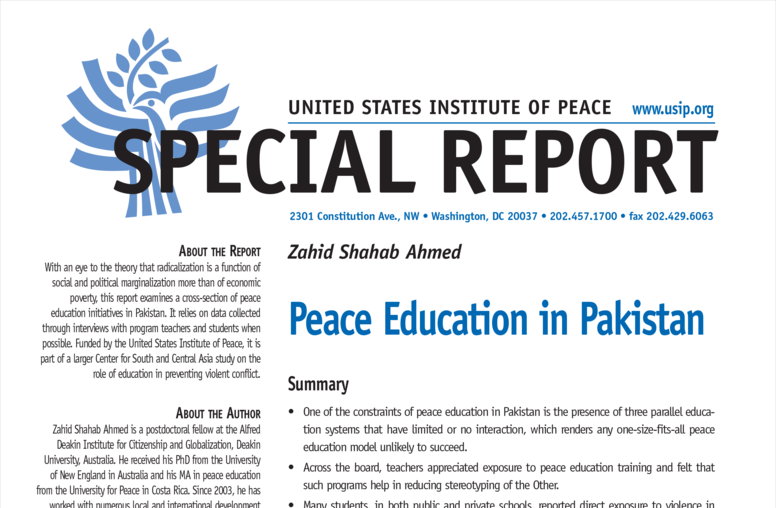
Peace Education in Pakistan
Virtually every country in South Asia faces militancy and conflict to some extent. Pakistan has been especially prone. Peace education addresses the root causes of conflict and is thus a sustainable long-term solution in conflict resolution and prevention efforts. This report examines nine representative peace education initiatives in Pakistan to better understand what types of interventions were most effective, the differences and similarities between peace education programs and curricula in schools and madrassas, and what the peacebuilding field can draw from the selected case studies.
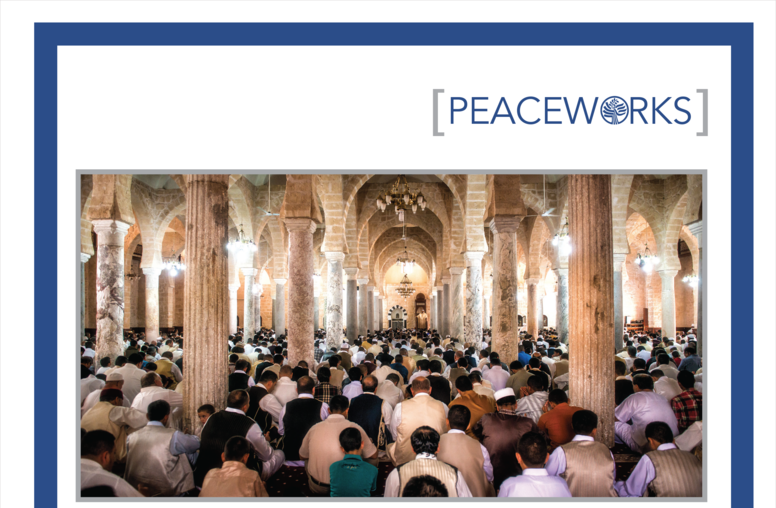
Libya’s Religious Sector and Peacebuilding Efforts
Derived from two surveys conducted in Libya in 2014 and 2016, this report strives to heighten understanding of the country’s religious sector and its impact on governance and society. The findings—which are bolstered by the local knowledge of Libyan researchers—map the major religious trends, institutions, and actors in the country to describe how Libyans perceive the contribution of the religious sector to building peace and fostering justice and democracy.
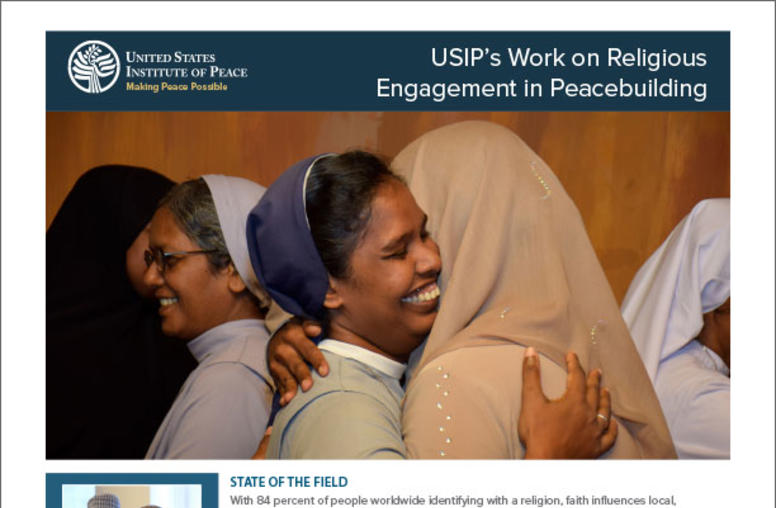
Religious Engagement in Peacebuilding
With 84 percent of people worldwide identifying with a faith tradition, religion influences local, national, and international decision-making. Across the globe, violent extremism often is couched in religious terms, and religious discrimination is on the rise. At the same time, people of faith and religious organizations frequently are on the frontlines of peace efforts, assisting communities affected by violence. Although religious considerations have been marginal to peace efforts historically, governments and peacebuilding organizations increasingly recognize the importance of religion.
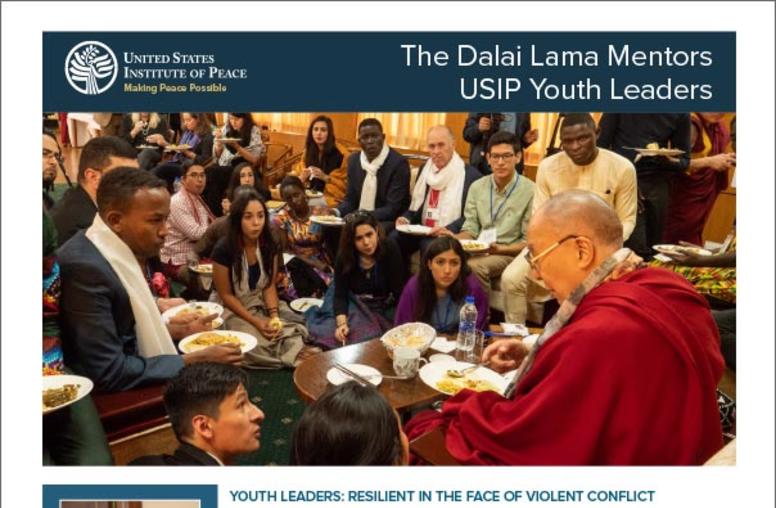
The Dalai Lama Mentors USIP Youth Leaders
Each year, the U.S. Institute of Peace gathers 28 youth leaders from countries confronting violent conflict to meet with His Holiness the 14th Dalai Lama in Dharamsala, India, where he encourages them in their efforts to build peace in their homelands. This annual dialogue is a partnership between USIP and the Dalai Lama, a global voice for peace and 1989 Nobel Peace Prize laureate. The project aims to strengthen the abilities of young people working to build peace in the world’s most violent regions.
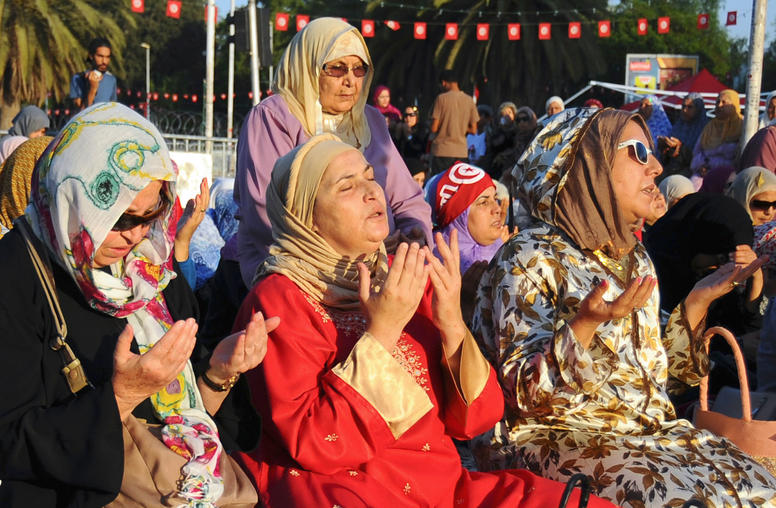
Global Trends and Challenges to Protecting and Promoting Freedom of Religion or Belief
USIP collaborated with USAID’s Center for Faith-Based and Neighborhood Partnerships on an initiative called Closing the Gap to study the relationship between religious freedom and regime type, political stability, and economic development. This report summarizes the study’s main findings and offers recommendations for policymakers and peace practitioners seeking to protect and promote the freedom of individuals to practice the religion of their choice, convert to another faith, or profess no faith at all.
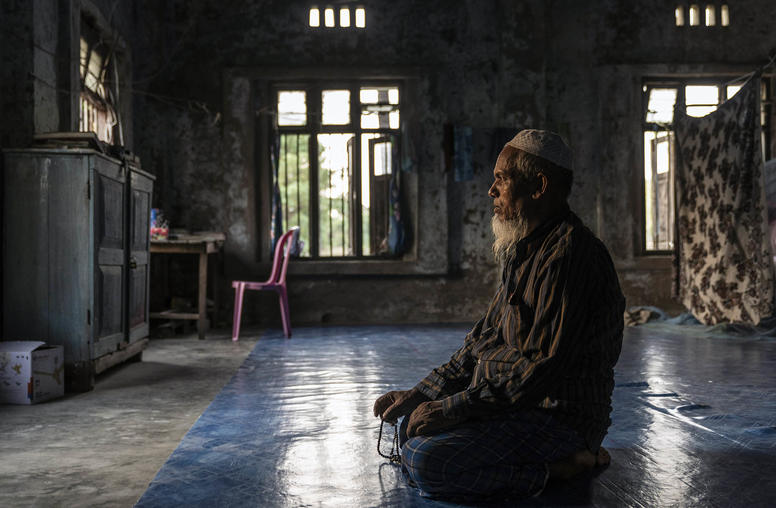
Maintaining International Religious Freedom as a Central Tenet of U.S. National Security
In 2021–22, USIP’s Religion and Inclusive Societies Program convened a bipartisan working group of advocates, academics, and former government officials to discuss how the United States can advance global peace and stability by embracing international religious freedom as a major pillar of its diplomatic engagement. This report, written by the working group’s co-chairs, examines the history of the US commitment to international religious freedom and the challenges to ensuring that it remains a central tenet of US foreign policy and national security.

Knox Thames on the Role of Religion in the Ukraine War
Russian President Vladimir Putin invoked religion as part of his justification for Russia's attack on Ukraine, believing their shared Orthodox history would lend credibility to his ambitions. "Of course, the Ukrainians beg to differ," says USIP's Knox Thames. "It's actually strengthening Ukrainian resistance to [Putin's] aggressive actions."